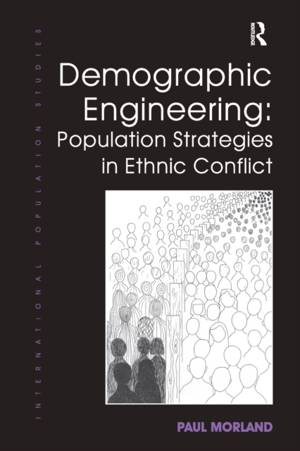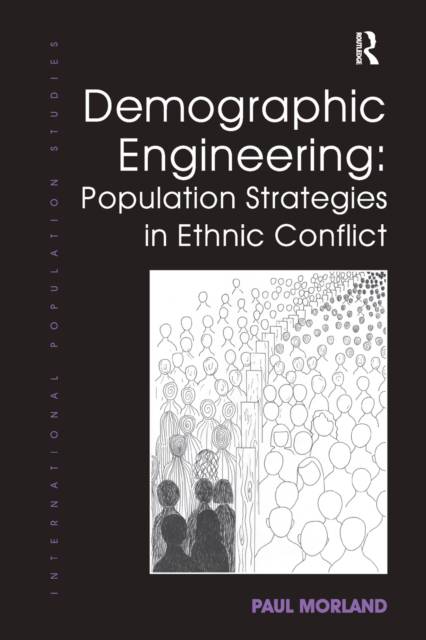
- Afhalen na 1 uur in een winkel met voorraad
- Gratis thuislevering in België vanaf € 30
- Ruim aanbod met 7 miljoen producten
- Afhalen na 1 uur in een winkel met voorraad
- Gratis thuislevering in België vanaf € 30
- Ruim aanbod met 7 miljoen producten
Zoeken
€ 94,95
+ 189 punten
Uitvoering
Omschrijving
Demography has always mattered in conflict, but with conflict increasingly of an inter-ethnic nature, with sharper demographic differences between ethnic groups and with the spread of democracy, numbers count in conflict now more than ever. This book argues for and develops a framework for demographic engineering which provides a fresh perspective for looking at political events in countries where ethnicity matters. It asks how policies have been framed and implemented to change the demography of ethnic groups on the ground in their own interests. It also examines how successful these policies have been, focusing on the cases of Sri Lanka, Israel/Palestine, Northern Ireland and the USA. Often these policies are hidden but author Paul Morland teases them out with skill both from the statistics and documentary records and through conversations with participants. Offering a new way of thinking about demographic engineering ('hard demography' versus 'soft demography') and how ethnic groups in conflict deploy demographic strategies, this book will have a broad appeal to demographers, geographers and political scientists.
Specificaties
Betrokkenen
- Auteur(s):
- Uitgeverij:
Inhoud
- Aantal bladzijden:
- 228
- Taal:
- Engels
Eigenschappen
- Productcode (EAN):
- 9781138546776
- Verschijningsdatum:
- 6/02/2018
- Uitvoering:
- Paperback
- Formaat:
- Trade paperback (VS)
- Afmetingen:
- 156 mm x 234 mm
- Gewicht:
- 326 g

Alleen bij Standaard Boekhandel
+ 189 punten op je klantenkaart van Standaard Boekhandel
Beoordelingen
We publiceren alleen reviews die voldoen aan de voorwaarden voor reviews. Bekijk onze voorwaarden voor reviews.











